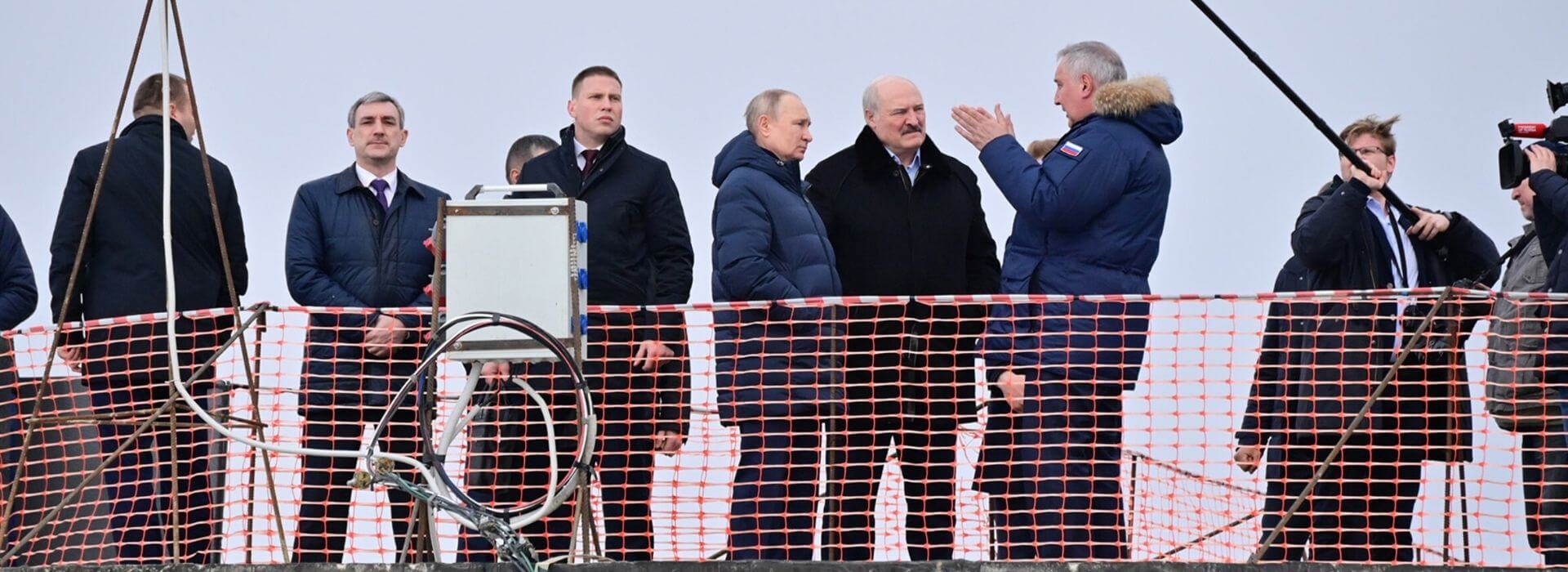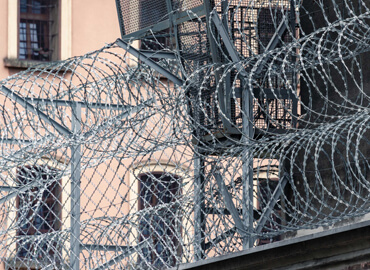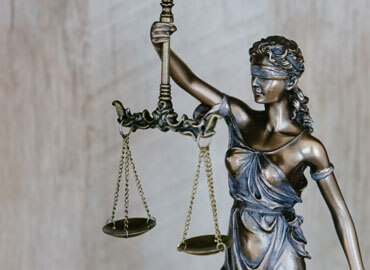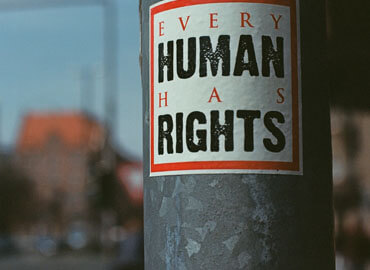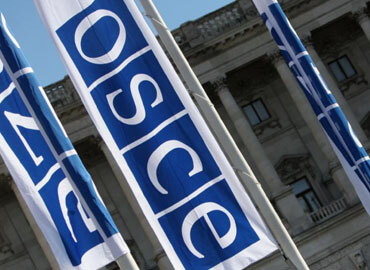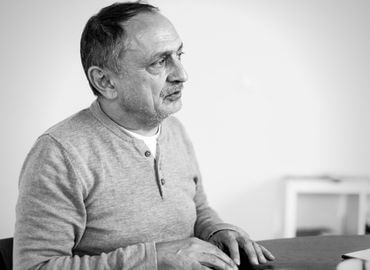Alexander Lukashenko and the entire Minsk political regime are in a new and difficult position since the beginning of the war. He successfully manipulated the Kremlin, using it as a shoulder to maintain his own power after the collapse of the August 2020 elections. But now the Kremlin is sinking and is pulling Belarus along with it.
It is obvious that Lukashenko is, on the one hand, seeking to mitigate the consequences of having Russian troops remain in Belarus after the exercises before moving to Kyiv, and having Russian missile launchers strike at Ukrainian infrastructure from inside the country. On the other hand, towards Moscow, he is continuing the game of being «Putin’s best friend.»
The Kremlin withdrew troops from near Kyiv and temporarily halted the expansion of operations from Belarus. This is a relief for Lukashenko. At the same time, Lukashenko ordered the Belarusian Foreign Ministry to begin actively working with the West, while Makei drafted a letter, the meaning of which boils down to the fact that there is no need to tightly link Russian aggression with the Belarusian political outlook. Lukashenko, as Artem Shraibman once rightly noted, is Vladimir Putin’s «best interlocutor.» He is the last of those who are «outside,» and is ready to simply to serve as a foil, joking with Putin and creating a «comfort zone» for him. He cannot talk to Nehammer or Mario Draghi in his «thug geopolitical» language, and the only one with whom Putin can communicate with pleasure is Lukashenko.
It should be noted that most likely following his trip to Blagoveshchensk, Lukashenko is the only one who has at least some idea of what Putin will do next. Lukashenko performs a therapeutic function, because he tells him stories about «the threat of a stab in the back from Poland,» about «British intelligence,» about the fact that everyone in the post-Soviet space turned out to be duplicitous opportunists, and only Lukashenko is «loyal without adulation,» etc., etc.
But the main problem now is that the Kremlin is under an economic blockade, with a «domino effect» underway of companies and institutions leaving Russia one after another, severing ties. Lukashenko can no longer rely on loans or on Russian ports and logistics. Now he is faced with the question of how and at what moment to break the Kremlin cord – when to untie his leg from the sinking Moskva cruiser.
Lukashenko is now interested in a scenario that everyone involved in the economy in Moscow has been dreaming of: for Putin to stop where the Russian units are currently located in Ukraine. There would be a «line of separation» and a de facto «truce.» The entire Russian Forbes list now carries the word «truce.» It is paradoxical that before the war Lukashenko was moving towards the image of «the governor of Kuzbass a la Tuleev,» and now he is moving towards an image of «an oligarch who suffered from the war a la Deripaska.» Putin’s direct aggression has ruined all prospects of «business» for him. But the problem is that Putin is not going to stop. He is gathering strength to break through the Ukrainian defense beyond Kharkiv. In Moscow, rhetoric is now thundering much more extravagantly than Lukashenko can offer. Dugin, Prokhanov, and Prilepin «communed» with Tolstoy and Medvedev is echoing them. They are calling for «total war.» Lukashenko cannot shout louder now than Prokhanov and call on Moscow circles to avoid a «Mariupol peace.» And there is no real prospect of stopping the hostilities. Nehammer left Moscow «without optimism» and Mario Draghi also spoke with and received a response from Putin: «The time has not arrived.»
2
How to break free from Moscow? More precisely, how best to take steps that could lead to this? There are two relatively realistic options. The first is to announce early parliamentary elections and send out loyalists, not with the official agenda of «stability,» but with the agenda of «No to war!» This way Lukashenko gets both the support of loyalists and pools together the real reluctance of the part of 90% of Belarusians to participate in the war. More importantly, this would be a tool for detaching from Moscow. As in, you see, dear Vladimir Vladimirovich, I would be «for» this, but «the people» are against it. He has played this rhetoric more than once relative to Moscow.
The second option is more complicated, but also realistic. Not just to move to the position of Kazakhstan, but to try to set forth a new self-determination of the post-Soviet states in the context of the historical catastrophe that Moscow arranged. This is a risky game, as Lukashenko has a poor background for such a mission and has been branded a dictator. Still, if he were to begin a tactical game together with Tokayev and Aliyev for the creation of a foreign policy coalition in Eurasia angling for peace, Lukashenko would not be handed an exit from isolation, but could at least take a step towards the door. And most importantly with such a game, he would preserve economic interaction with Ukraine after the war, as opposed to complete isolation if he remains in close contact with the Kremlin.
3
Is a third option possible? That is, free early elections, accompanied by the release of political prisoners and the lifting of restrictions for political emigrants. Many still believe this is impossible and that Lukashenko would not agree to this, since he and his vast apparatus will fear for their personal safety following the results of free elections. However, this can now be seen with a different lens because of the war. The war changes the situation. In my opinion, with the outbreak of war, Lukashenko has a good chance to save his system. Free early elections, if they were held now, would make war and fear of its consequences central to the whole campaign. And this would consolidate the Belarusian reformist forces around a non-aggressive scenario of political transition.
The war has eliminated the opportunity for Lukashenko to maneuver and confronts him with a choice. He can, with Putin, take responsibility for war crimes and for further victims of aggression and take his place among those convicted by the International Criminal Court, thereby entering European political history. Or he can, right now, begin a transition according to a «Nazarbayev scenario,» having constructed a safe model for such a transition. Is this even possible after all the monstrous things that he did to Belarusian society in 2020-2021? I would advise that he try. Because the option of «disappearing with Putin» is much worse.
Alexander Morozov, iSANS analyst, political scientist, philosopher, lecturer at Charles University, Prague.
The article was prepared by iSANS specially for Reform.by.
Материал доступен на русском языке: Судьба Лукашенко: в Гаагу или «как Назарбаев»? Надо делать выбор



